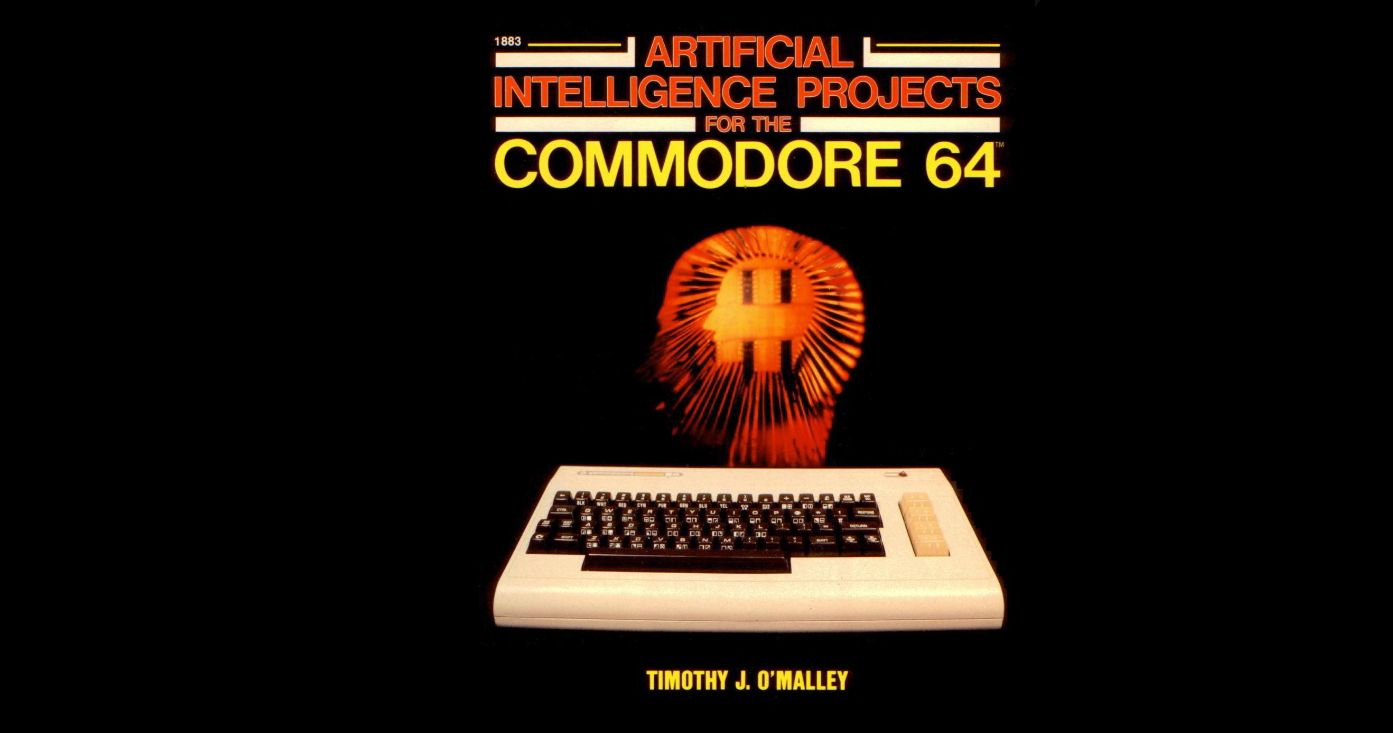My initial thought was that the computer pictured on the cover was a VIC-20 not a C64, then I remembered that they used old-stock VIC-20 keyboards and cases to get the first C64s out of the door quickly, so it’s probably an early model. Not enough pixels to make out what’s on the ID plate to the top left of the keyboard.
As for AI, I got a load of old Commodore magazines in the mid 90s, and one letter sent in to one of them has always stuck with me. The writer asked if AI was needed in order to make an enemy character follow a player character around the screen, and the response was along the lines of “no, you can do that with simple mathematics”, and provided a very simple algorithm.
The concept clearly generalises to “do not attribute to intelligence what can be achieved with simple mathematics” as well as being akin to “any sufficiently advanced technology is indistinguishable from magic” and then “if you can convince a mark that your simple mathematics is intelligent, they’ll throw money at you”.
Current AI/LLMs are just very complex probability matching with some frills to make it work. Our brains may be something like that too, as chemical and electrical signals can be reduced to math. It’s all math.
What you described before is pathing, and that can be a simple routine or very complicated and breakable, depending on the needs of the game. The really sophisticated ones would even chart the player’s behavior and react or plan a path based on past actions (even on some C-64 games, which is impressive). There was one karate game where (subjectively and not well tested) if you let it run the opening demo or played it a while, the game’s character got better. And it wasn’t just a higher level thing, you could tell (again, just a feeling) that it started to anticipate your usual moves.


